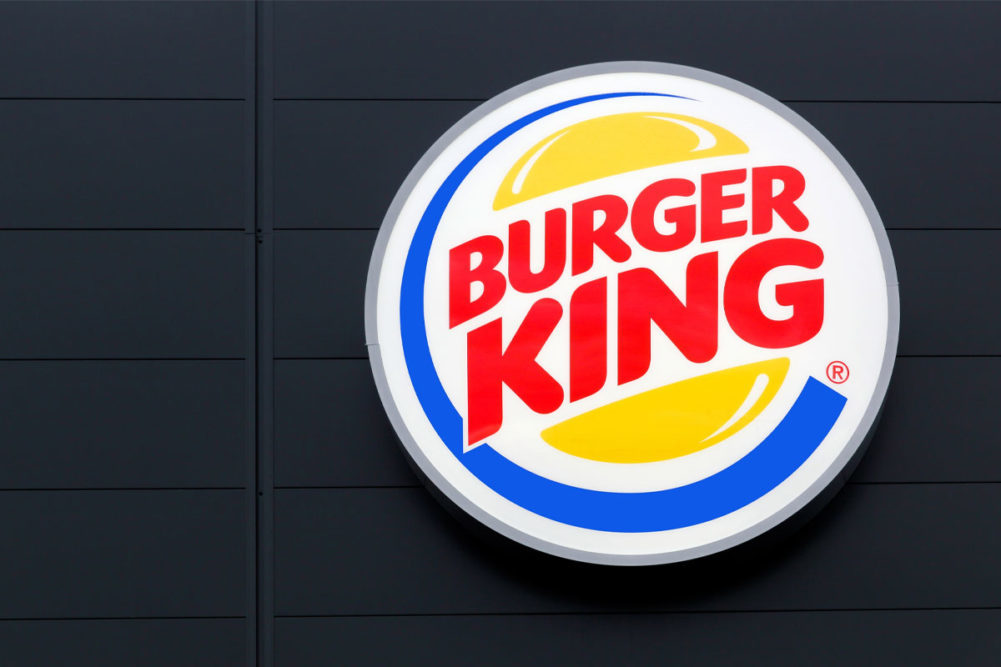TORONTO — Executives of Restaurant Brands International Inc. are looking to a new leader to accelerate growth in the months and years to come.
The parent company of Tim Hortons, Burger King, Popeyes Louisiana Kitchen and Firehouse Subs named Joshua Kobza as chief executive officer, succeeding José E. Cil, as part of a succession plan. Kobza previously held the roles of chief operating officer, chief financial officer and chief technology officer at the Toronto-based company.
“We have an exceptional leader with all the relevant experience we need here in Josh, and he’s ready to drive what we believe will be a new era of growth for the company,” said J. Patrick Doyle, executive chairman, during a Feb. 14 earnings call with securities analysts.
Shares of Restaurant Brands International trading on the New York Stock Exchange closed at $66.61, down 2.7% from the day before.
Net income for the year ended Dec. 31, 2022, was $1.5 billion, equal to $3.28 per share on the common stock, up from $1.3 billion, or $2.71 per share, in the prior year. The increase in reported net income primarily was driven by an income tax benefit in the current year compared to an income tax expense in the previous year. Adjusted net income was $1.4 billion, up from $1.3 billion.
Revenues for the year totaled $6.5 billion, up from $5.7 billion.
Fourth-quarter net income was $336 million, or 75¢ per share, up from $262 million, or 57¢, in the comparable period. Adjusted net income was $326 million, down from $340 million the year before. The decrease in adjusted net income was driven by unfavorable foreign currency exchange movements, an increase in interest expense, an increase in share-based compensation and non-cash compensation expense and lower earnings in the Burger King segment.
Revenues for the fourth quarter were $1.7 billion, up from $1.5 billion.
“We finished the year on a strong note, growing fourth quarter consolidated comparable sales 8% year-over-year and net restaurants over 4%, which led to system-wide sales growth of 11% year-over-year, excluding Firehouse Subs in Russia,” Kobza said. “Our comparable sales included double-digit growth at Tim Hortons Canada and in our Burger King international business as well as sequential improvements in Burger King, Popeyes and Firehouse Subs home markets.
“These results were aided by continued growth in our digital channels, with global digital sales up 24% year-over-year to over $3.5 billion in the fourth quarter, representing over one-third of consolidated system-wide sales.
“For the full year, we grew digital sales 31% to $13 billion. We also closed out 2022 with some improved momentum in development, delivering 754 net new restaurants in the quarter and 1,266 net new openings for the year.”
Kobza said the company made progress on a number of initiatives during the year, including driving stronger sales at Tim Hortons Canada, introducing a turnaround plan for Burger King in the United States, and improving operations and digital capabilities system wide.
A key objective in the year ahead is boosting franchisee profits, which Doyle said have declined in Tim Hortons, Burger King and Popeyes home markets since 2019.
“You’ll see us do our part in menu innovation, marketing, restaurant design, technology and digital, and we’ll work closely with franchisees who need to do their own part to improve their profitability, particularly delivering excellent and consistent execution and a positive team member and guest environment in their restaurants,” said Doyle, who joined the company in December. “We are all in with franchisees who share our ambition for the growth we know we are capable of delivering. And along the way, it’s likely that a few people will leave the system and transition their restaurants to franchisees who share our long-term mindset for success and growth.”


